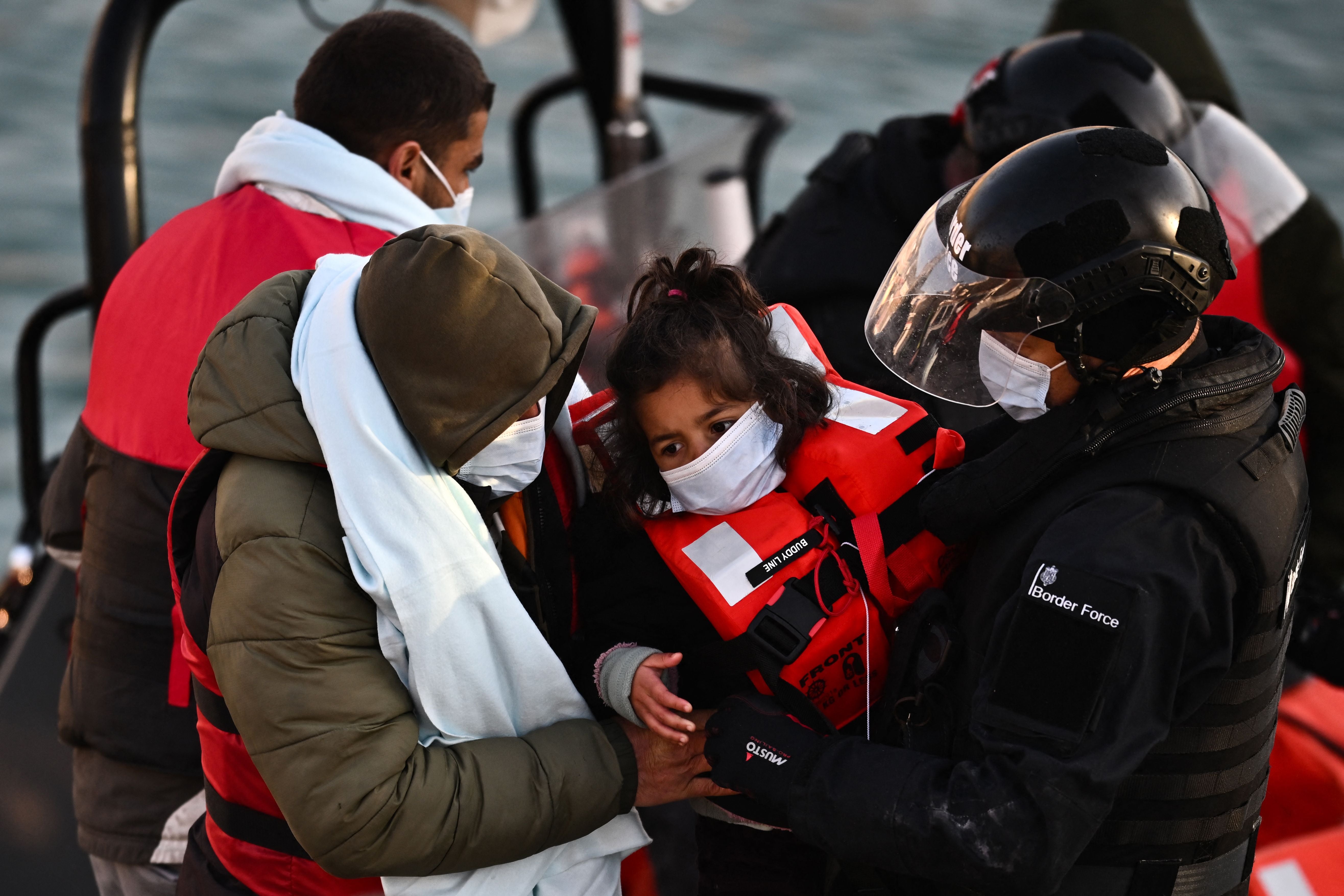Like the UK, Israel tried sending refugees to Rwanda – it didn’t work
The UK government is recycling a plan that was also tried and failed by Benjamin Netanyahu’s government


Boris Johnson’s plan to deport refugees to Rwanda for them to wait there until the end of processing their asylum application, is shocking. Moreover, it is surprising this government is recycling a plan that was also tried and failed by the Benjamin Netanyahu government in Israel.
In 2014, the Netanyahu government began sending refugees – allegedly "willingly" – to Rwanda. In reality, consent was obtained by imprisoning them, harassment and/or denial of basic human rights.
After a legal challenge, the Israeli Supreme Court ruled in August 2017 that refugees who refused to leave could not be imprisoned indefinitely, and that those who went to Rwanda had to go willingly. Netanyahu then agreed with Rwanda to accept unwilling refugees for a payment of about $5,000 each. In other words, Israeli taxpayers were paying millions of dollars to the dictatorship of Paul Kagame.
In January 2018 we petitioned the Supreme Court to cancel the agreement, along with Israeli human rights activists, led by the prominent activist Sigal Kook Avivi. Those who left for Rwanda found themselves without any rights and means of livelihood, and Rwandan government officials pressured them to leave the country as soon as they arrived. Rwanda simply became a reboot of their refugee journey towards Europe.
We also argued that the government decided, without the approval of parliament, to use the tax money of Israeli citizens to support Paul Kagame’s war crimes. We argued that Kagame works by constantly monitoring and persecuting opposition activists, torturing, disappearing his opponents and murdering them, restricting the freedom of the press and committing crimes in neighbouring countries as well. For example, we explained how the Kagame regime in Rwanda has for years supported militias that murder and use rape as a weapon of war in eastern Congo (A separate petition filed by advocate Avigdor Feldmen claimed the agreement with Rwanda violated basic Israeli rules of justice).
The State of Israel, which has been selling arms and military training to the Hutu dictatorship since the 1960s, and also continued to sell arms to it during the genocide in 1994, built with Kagame one of its most important alliances throughout the African continent. In exchange for the weapons and training that Kagame receives, he whitewashes the Israeli involvement in the genocide and prevents the release of documentation in the Rwandan archives about it, and also support Israel in international forums. In December 2018, Israel was the only western country that supported Kagame initiative to change the UN Memorial Day definition for the genocide in Rwanda by erasing the mentioning of the Hutus and others that were also murdered.
While our petition was being heard in court, there was widespread public protest in Israel and around the world against the deportation of refugees to Rwanda. Every week thousands demonstrated in the streets of Israel. Many Jewish communities around the world and Jewish religious leaders joined the protests.
To keep up to speed with all the latest opinions and comment, sign up to our free weekly Voices Dispatches newsletter by clicking here
While the petition was only a small step in a widespread public struggle, it succeeded in putting a focus on the severity of the situation in Rwanda and shaking a little the bond of silence that the Kagame regime has managed to build over the years regarding its crimes – by using the false claim that all its critics deny the Tutsi genocide, just as the State of Israel try to silence the critics of its policies in the Occupied Palestinian Territories by the false claim that all of them are anti-Semitic.
This is the severity of the human rights situation in Rwanda according to the US State Department’s report for 2021: " Significant human rights issues included credible reports of: unlawful or arbitrary killings by the government; forced disappearance by the government; torture or cruel, inhuman, or degrading treatment or punishment by the government; harsh and life-threatening prison conditions; arbitrary detention; political prisoners or detainees; politically motivated reprisals against individuals located outside the country, including killings, kidnappings, and violence...” and so on.
The situation in Rwanda has not changed, but neither have the efforts of lazy and narrow minded politicians to gain votes at the ballot box through xenophobia and the trampling of human rights.
Eitay Mack is an Israeli human rights lawyer

Join our commenting forum
Join thought-provoking conversations, follow other Independent readers and see their replies